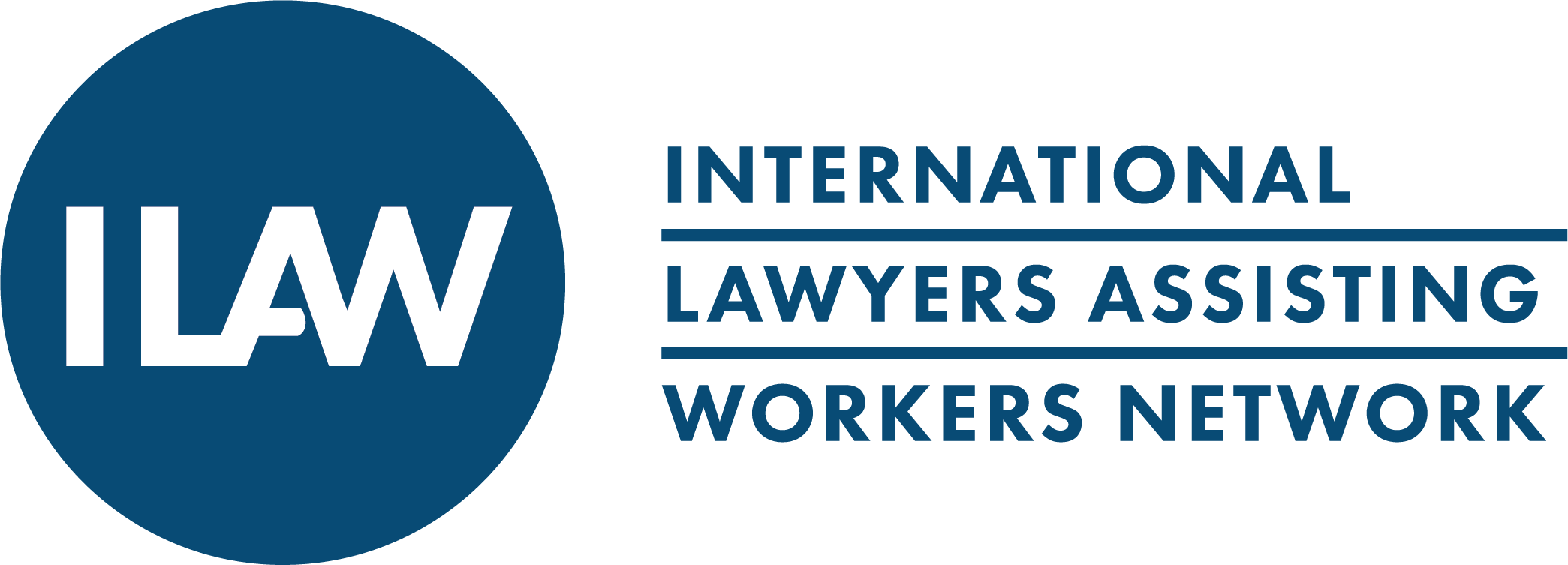“The United States has banned the importation of goods made with forced labor since 1930. Until recently, however, this law—Section 307 of the US Tariff Act of 1930—was rarely applied, …
NCP Switzerland Final Statement: Specific Instance regarding Lombard Odier submitted by the international trade union IUF
“On 5 April 2023, the Swiss NCP received a written submission by the International Trade Union of Food, Agricultural, Hotel, Restaurant, Catering, Tobacco and Allied Workers’ Associations (hereafter “IUF” or …
CJEU / C-715/20
A Polish court is seised of a dispute between a worker employed under a fixed-term contract and his former employer. In accordance with national legislation, that employer terminated the contract …


New Technologies Require Thinking More Expansively About Protecting Workers
Last June, the US National Labor Relations Board issued a ruling that broadened the factors for determining whether a worker is an independent contractor or an employee. These changes, which take effect this …